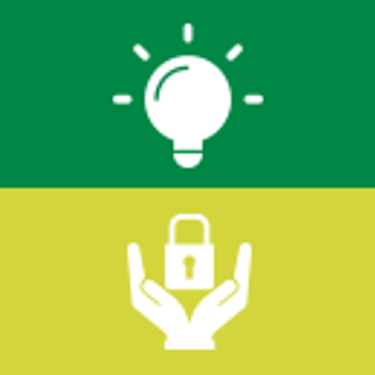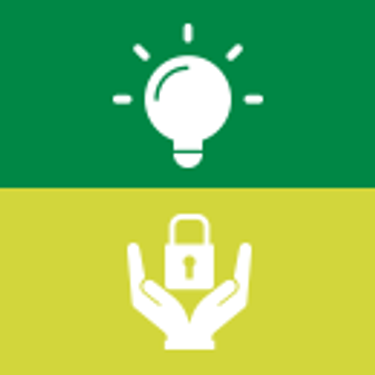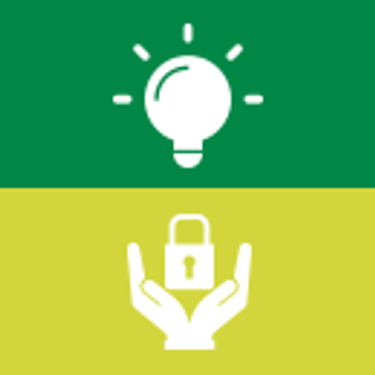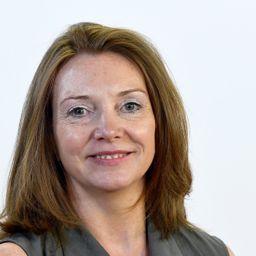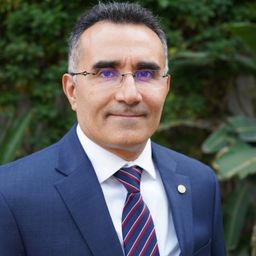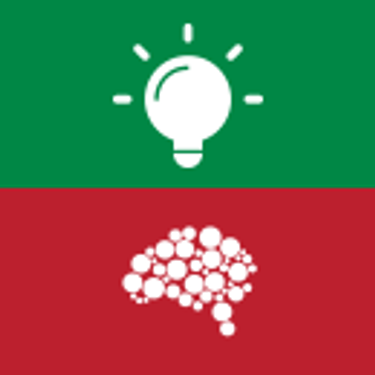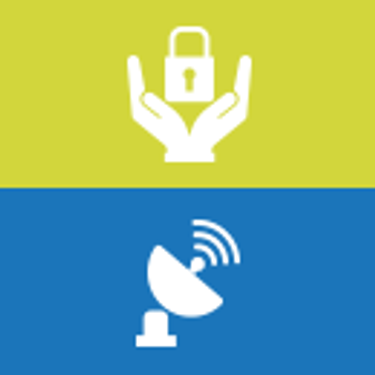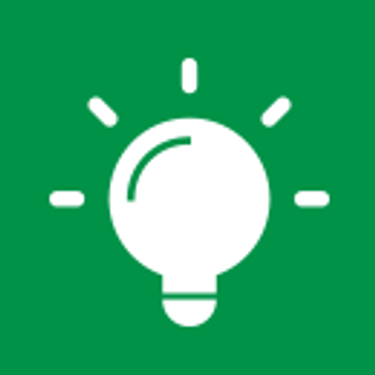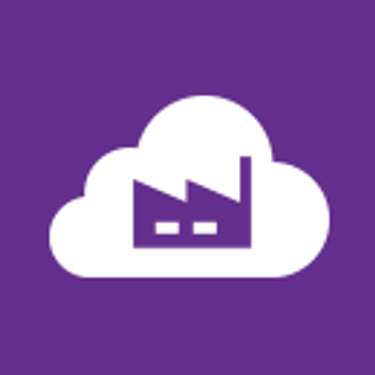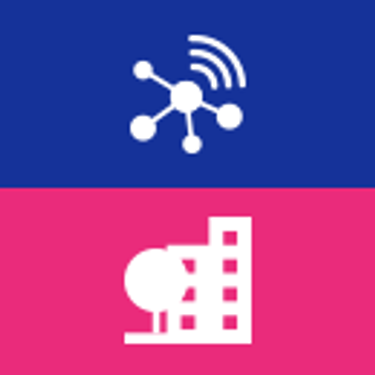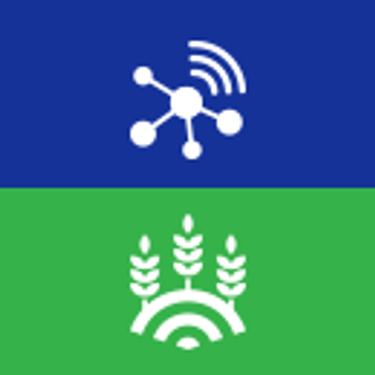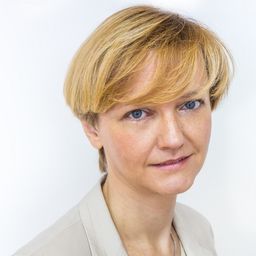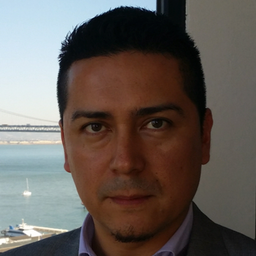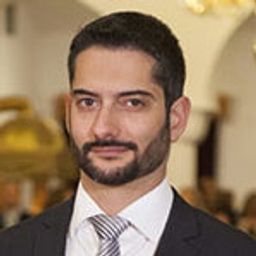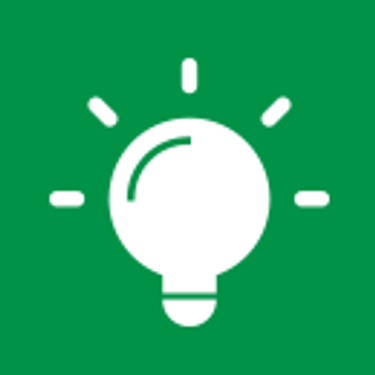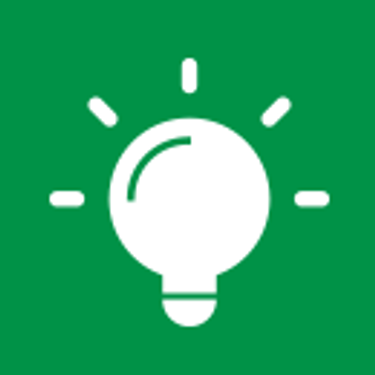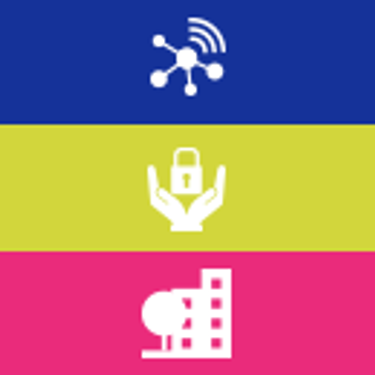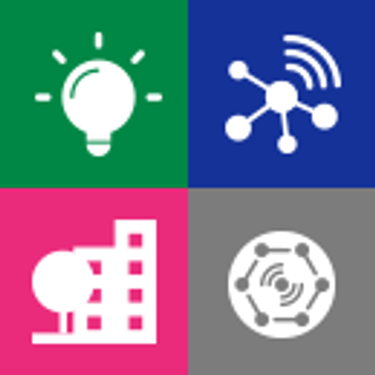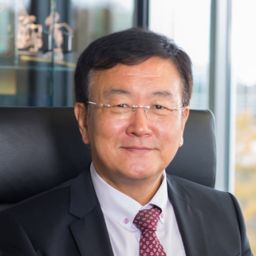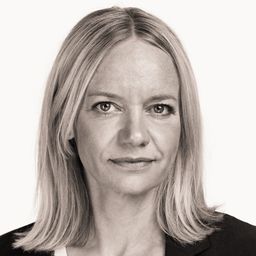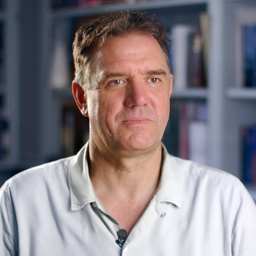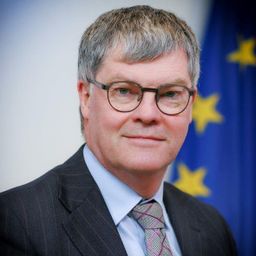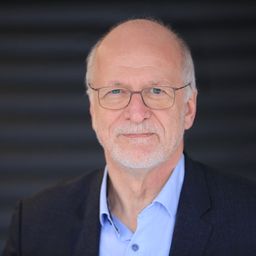
Keith Dickerson has played an active role in the ICT industry for over 30 years, including as Director of Standards for BT. He is currently a Director of Climate Associates Ltd which provides advice to organisations on Climate Change and Energy Efficiency, as well as issues related to Smart Cities and Internet of Things (IoT), especially where international standards are an important consideration.
Keith is a partner in the EC Horizon 2020 IoT collaborative R&D project VICINITY “Open virtual neighbourhood network to connect intelligent buildings and smart objects” and leads their work package on Standardization.
From 2008-2016, Keith was a Vice Chair of ITU-T Study Group 5 “Environment & Climate Change” developing global standards on topics such as carbon reduction, energy efficiency, Greenhouse Gas (GHG) assessment, adaptation to climate change and e-waste. In this role he was an author of the ITU report “Resilient pathways: the adaptation of the ICT sector to climate change”[1].
From 2002-2017, Keith was a member of the Board of ETSI (European Telecommunications Standards Institute), leading their Green Agenda, Smart Cities and IoT strategy work.
From 2016-2017, Keith developed a 21 module training programme on ICT & Climate Change for ITU Academy. This will be accredited to MSc degree level and includes modules on Energy Efficiency, Smart Cities, Smart Energy, Smart Mobility, e-Health and IoT.He has led workshops to pilot this training course at ITU-D regional centres in Bangkok and Tunisia.
[1]http://www.itu.int/en/ITU-T/climatechange/Documents/Publications/Resilient_Pathways-E.PDF
Sessions in which Keith Dickerson participates
Monday 17 June, 2019
Privacy in the IoT has becoming a growing concern. A study has even identified it, due to loss of trust of users, as a potential risk for succes. This session gives an overview of the VICINITY IoT platform that is open, free, and that specifically addresses SME and users with privacy concerns. The session gives a broad overview of the VICINITY platform, starting with its general objectives and unique selling points, the P2P architecture, semantic discovery and interoperability, and an ...
Privacy in the IoT is driven by the wish of consumers, enabled (or not) by standards, enforced by law, and can be a threat for business models. This session consists of presentations that give an introduction into the topic, introduce business models for IoT platforms that do not necessarily rely on exploiting the user's personal data, and show standards and solutions that pave the path towards an IoT and business models that d...
Security and privacy are major concerns for the use and acceptance of the IoT, especially in cases where private, non-aggregated data are concerned. The use of VICINITY Platform combined with secure storage and authorized data transactions respecting GDPR regulations, aims to address privacy challenges of applications. To ensure that the IoT users are fully aware to whom, for which data and what purpose, they give consent ...
Sessions in which Keith Dickerson attends
Tuesday 18 June, 2019
Welcoming Remarks Co-ChairsSébastian Ziegler, Chairman, IoT ForumBrian Bech Nielsen, Rector, Prof. Aarhus UniversityKarsten Dehler, Commercial Director, It-Forum, Denmark
Industries are crossing today a crucial transition in terms of technologies and sustainability is a key driver for them. The integration of new technologies, if done appropriately and fast enough can help industries become more competitive; if not managed accordingly however IoT misuse can have adverse consequences on industries and their external environment.Similarly, IoT applications can greatly contribute t...
According to Kevin Ashton, the Internet of Things turns the world into data. But what does that mean? The key enabler for unlocking the business value of the IoT is using a technique called business model innovation. In contrast to technology, product or market innovation, business model innovation is a higher level innovation method to find entirely new business models. IoT in this sense helps companies perform a digital transformation to achieve for example n...
5G will transform the way how millions of individuals, organizations and devices connect to each other. It will also be the new basis for developments in the Internet of Things, driverless vehicles, connected homes and smart cities. Nevertheless, as is true of any revolution, 5G comes with its own challenges in terms of personal and corporate security, which must be taken into account and managed by companies, users and regulators. One of them is the developme...
Internet of Things (IoT) technologies and applications are bringing fundamental changes to all sectors of society and economy and constitute an essential element of the Next Generation Internet (NGI). IoT technologies and applications are changing the way users, services and applications interact with the real world environment in a trusted way. The topic involves support researchers, industry, application developers and start-ups.
Wednesday 19 June, 2019
Digitalization is disrupting consumer businesses we experience this in our daily lives. As digital technologies got more mature, industrial companies also starting to take advantage to create new unique selling points. In many cases this starts with increasing efficiency, flexibility, quality and speed. Recently we also see more business model innovation leveraging digitalization in the industrial space. IoT and Analytics is often the entry point fo...
ABOUTAfter the successful launch of the first edition of the workshop on “Internet of Things (IoT) for Smart Cities & Communities Convergence” at IoT Week 2017 in Geneva, and the two-day follow-up in Bilbao in 2018, we are now inviting you to join the next level of convergence to support cities and communities at IoT Week 2019 in Aarhus, Denmark – organised jointly by an alliance of international institu...
The second pillar finds its roots in the first one and would aim at highlighting the different impacts that are expected to be delivered by integrating IoT in the agri-food chain. IoT technologies in the agri-food sector address a set of economic, societal and environmental challenges. The potential for the sector is huge, but the implementation of such disruptive technology faces many challenges such as interoperability of the data, certification and standard...
Building IoT Cross-Domain and Cross-Platform Interoperability. An Update on the new developments for unified and secure sharing of (and access to) sensing/actuating ressources.
Thursday 20 June, 2019
What market incentives do we have and need to reach the goals of “DDD” - Decarbonisation, Digitalisation and Decentralisation? What ecosystem enablement, what investment, what level of scale-ups, and tools do we need to build Energy Marketplaces? What are the requirements form the investment community? Are enabling technologies ready for the challenge? Are communities, citizens and the public sector ready for the challenge?
ABOUT After the successful launch of the first edition of the workshop on “Internet of Things (IoT) for Smart Cities & Communities Convergence” at IoT Week 2017 in Geneva, and the two-day follow-up in Bilbao in 2018, we are now inviting you to join the next level of convergence to support cities and communities at IoT Week 2019 in Aarhus, Denmark – organised jointly by an alliance of international insti...
ABOUT After the successful launch of the first edition of the workshop on “Internet of Things (IoT) for Smart Cities & Communities Convergence” at IoT Week 2017 in Geneva, and the two-day follow-up in Bilbao in 2018, we are now inviting you to join the next level of convergence to support cities and communities at IoT Week 2019 in Aarhus, Denmark – organised jointly by an alliance of international institutions and networks.
After two successful editions in Geneva and Bilbao, this edition of the scientific conference will present scientific papers on the most recent IoT research and will celebrate new partnerships that bring together industries, academia and the society.This year, IoT solutions become a game changer for everyone – individuals and business – to comply and fulfil SDGs faster and smarter.
